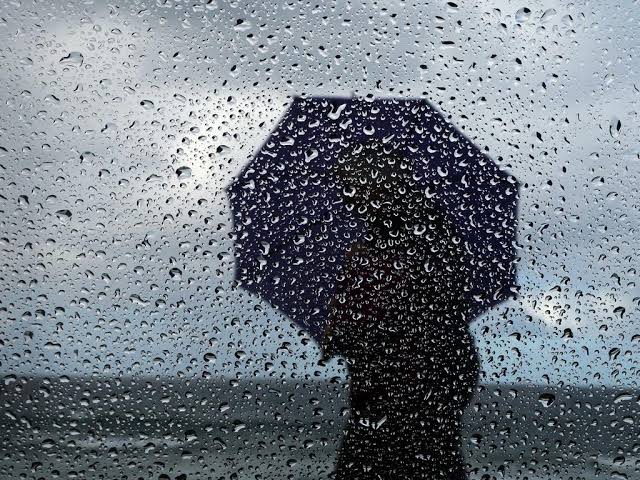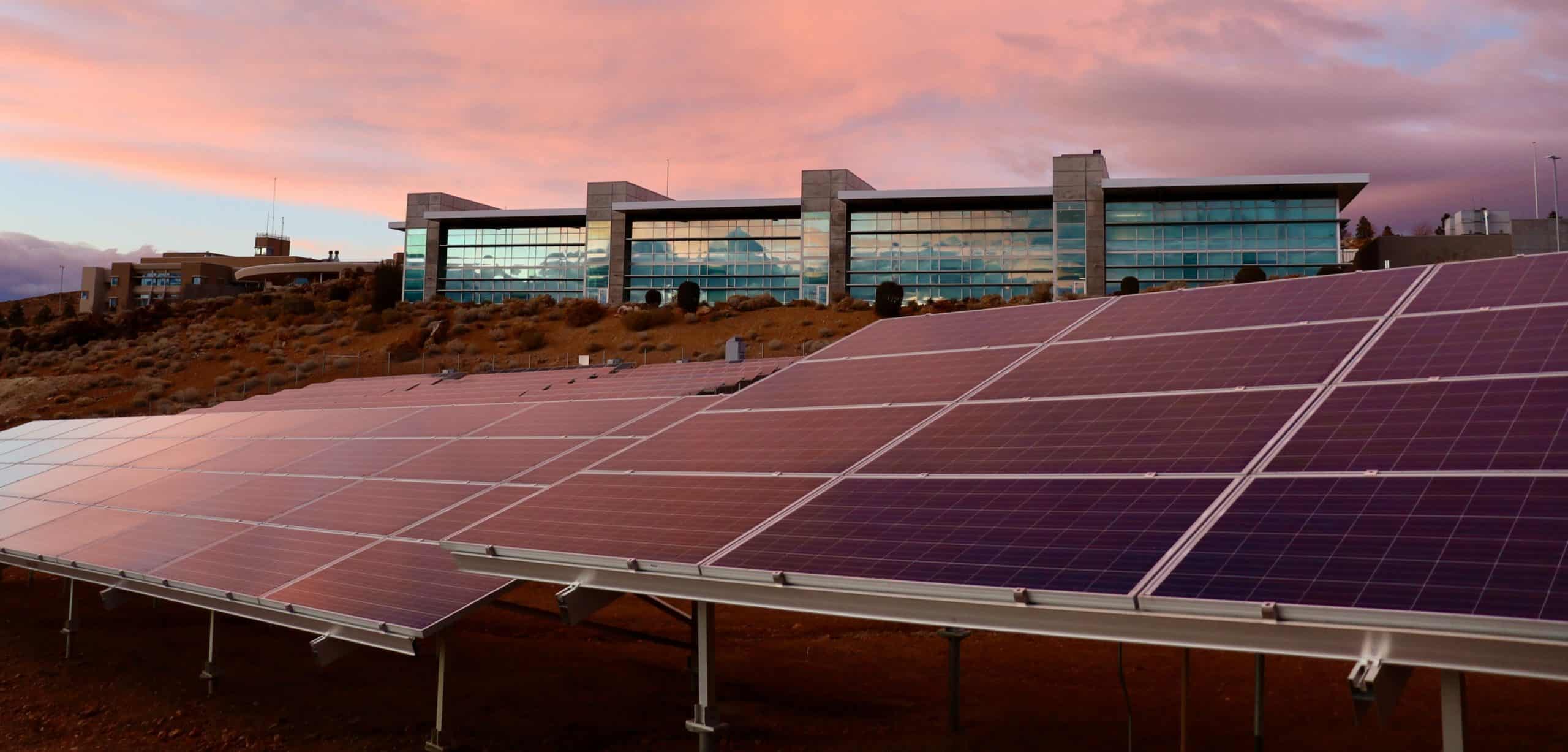Save Now, Pay Later.
With flexible payments from handypay.
Save Now, Pay Later.
With flexible payments from handypay.
Published

Today I thought we would talk about all this rain that Spring has delivered so far this year. We are into a ‘La Niña’ weather pattern year so expect a bit more of it.
Rain and high winds. DMS Energy never put people on roofs when it’s raining. It’s too dangerous for our team and can damage the clients’ homes. High winds have kept us off the roofs as well. 2020, amongst all of the hurdles it has thrown at us has seen me spend an inordinate amount of time shaking my fist at the sky as Mother Nature rearranges my plans yet again. It’s frustrating but there’s not much you can do. It just doesn’t help when you have literally over 1500 solar panels to install between now and Christmas.
We need it to fill our hydro dams, flush our rivers and creeks and rehydrate our soils.
Rain around the home though can be bad. One of the other services DMS Energy does is sub floor ventilation and it’s during these wet periods that homes with damp issues can get much worse.
For a lot of damp homes, the issues can be traced back to lack of drainage. When the rain water cannot get away adequately, it can run in under the house and then that moisture can wick up into the home by capillary action and cause minor or major issues.
Mould, rising dampness and moisture cause damage to walls and floors. And when you think about it, isn’t that a minor issue? Especially as mould can make you quite sick and those other issues are expensive to repair. But compared to the major issues excessive exposure to water can do they, are relatively minor.
Wet rot and dry rot of the structural timbers in the home (which is mainly an issue in older homes), especially in those homes with floor joist and timber floors but it can also affect the bottom plate timbers on cement slabs. Hugely expensive structural repairs can be needed to fix these issues and on the extreme end, I have seen homes condemned and pulled down and be rebuilt as the damage and cost of repairs is just too great.
The first thing that should be done is look at how the water is flowing around your home during heavy rain. Is it backing up against the house? Flowing around it? Or is it flowing under the house? If so, look at what drains could be utilised to steer the bulk of the water away from the house. Or do you just need to clean out the drains that are there? Quite often we are called to look at a moisture problem and we see the drains are backed up and blocked. The water just cannot get away.
We all love our plants, and we watch all the gardening shows and we know how to build our garden beds up and apply tons of mulch for water retention to keep our plants healthy. Another problem we see is garden beds directly around the edges of the homes and the built up beds have bypassed the damp course.
It’s the membrane that goes between the footing and the wall and acts a barrier to moisture rising up from the ground into our walls or bottom plates. But when you heap dirt or mulch around the walls of a home, effectively it bypasses the damp course and allows an alternative pathway for water into the home. We also see the same garden modifications block off sub floor ventilation openings as well which allows fresh dry air into these areas and helps dry them out.
Once you have checked all these things and you still have damp sub floor areas then it is time to call DMS Energy. What we will do is fit in small but powerful fans that suck the moist damp air out of the sub floor area and discharge it outside. For every cubic meter of air we remove from the area, another cubic meter of dry air has to to enter the area. We are evacuating the moist air out of the home and as such effectively drying out the area, getting rid of that damp smell you find in some homes. It also dries out structural timbers and halts any further damage. But it’s not a silver bullet; the basics of water management still have to be applied.

Simple, Low Rate Green Loans

Introducing award winning finance provider, Handypay, to bring you the most Competitive, Flexible and Versatile finance solution available in the home improvement industry today!
We have partnered with Handypay so customers can access a simple, affordable green loan for their solar panels and home batteries. Get a no-obligation quote and pre-approval in minutes, not weeks.
DMS Energy strives to Honestly, Ethically and Accurately assist Tasmanians to meet their energy reduction goals.
DMS Energy have advised countless locals on the right energy solutions for their home’s and business’s.




DMS Energy are not your typical energy efficiency salesmen! We are long time locals offering expert advice on solutions that are tailored to your individual needs. Talk to one of our experts today.